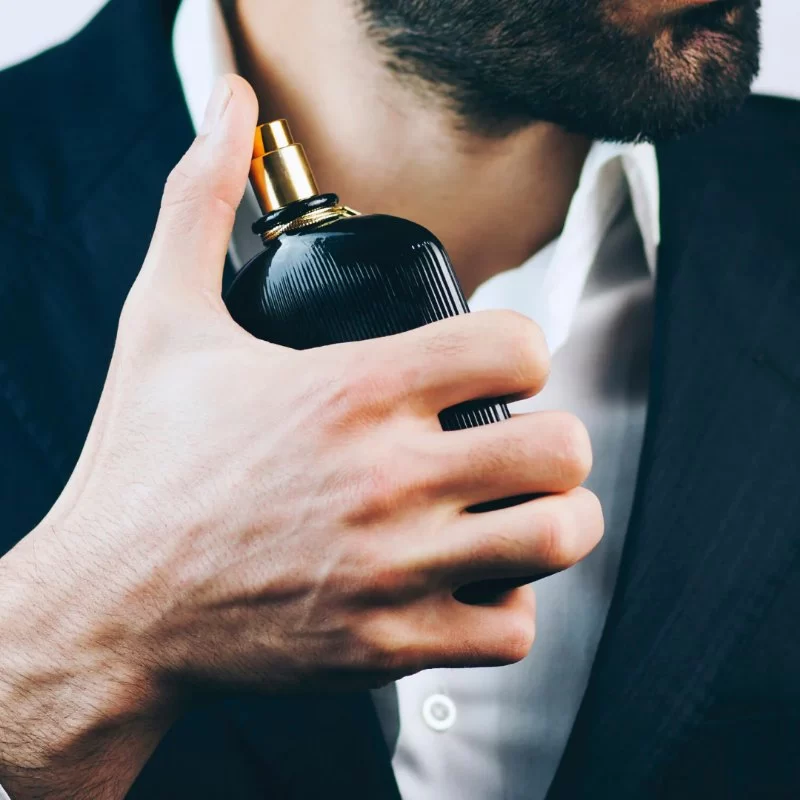- 1 - understanding-what-perfume-smells-like
- 2 - the-role-of-fragrance-notes
- 3 - cultural-and-personal-influences
- 4 - real-life-examples-of-perfume-experiences
- 5 - psychological-impact-of-smell
- 6 - finding-the-perfect-perfume
Understanding What Perfume Smells Like
When people ask what perfume smells like, the answer is rarely simple. Perfume is a blend of natural and synthetic ingredients that combine to create unique sensory experiences. Some perfumes evoke freshness, like citrus and clean florals, while others lean toward warmth with vanilla, musk, or spice. The fascinating part is that the same perfume can smell different on two people because of body chemistry, temperature, and even diet. This complexity is what makes perfume more than just a product—it becomes an identity marker and a memory trigger.
The Role of Fragrance Notes
To understand what perfume smells like, it’s important to break it down into fragrance notes. Top notes are the first impression—fresh bursts of lemon, bergamot, or green apple that fade quickly. Middle notes, also called the heart, define the character of the scent with florals like rose, jasmine, or spices like cinnamon. Finally, base notes such as amber, patchouli, or sandalwood linger the longest, often lasting for hours. This structure explains why a perfume can start bright and citrusy but settle into a warm, woody trail by the end of the day.
Cultural and Personal Influences
Perfume is also shaped by cultural and personal associations. In some cultures, rich oud and smoky incense define what perfume smells like, while in Western markets, lighter florals and clean musks dominate. On a personal level, a person’s childhood memories or special moments can define their taste. For example, someone who grew up near a lavender field may prefer scents with lavender notes because it feels nostalgic. These influences remind us that perfume is never just about ingredients—it’s also about emotions and personal identity.
Real-Life Examples of Perfume Experiences
Ask anyone about their first perfume and you’ll hear stories that highlight just how memorable fragrance can be. One person might describe how a spritz of Chanel No. 5 on their grandmother’s scarf instantly brings back childhood memories. Another might recall the overwhelming popularity of celebrity perfumes in high school, where scents like Britney Spears’ Fantasy or Abercrombie’s Fierce dominated. These examples help explain why the question of what perfume smells like is deeply personal—it’s as much about memory and experience as it is about notes and ingredients.
Psychological Impact of Smell
The psychology behind scent plays a major role in how we interpret what perfume smells like. Smell is directly connected to the limbic system in the brain, which governs memory and emotion. This is why a whiff of vanilla can make someone feel comforted, while a burst of citrus can energize them. Studies have shown that wearing a fragrance can even influence mood, confidence, and social interactions. For many, perfume is not just about smelling good—it’s about how it makes them feel throughout the day.
Finding the Perfect Perfume
For those wondering how to translate the idea of what perfume smells like into a purchase, it often comes down to testing and patience. Trying a fragrance on skin, allowing it to settle, and observing how it evolves is essential. Some prefer bold, spicy perfumes that command attention, while others gravitate toward clean, subtle scents for everyday wear. For personalized guidance, Scent Snob offers carefully curated collections that help people discover perfumes aligned with their personality and lifestyle. Choosing the right perfume is ultimately about finding a scent that feels authentic to you.


0 comments